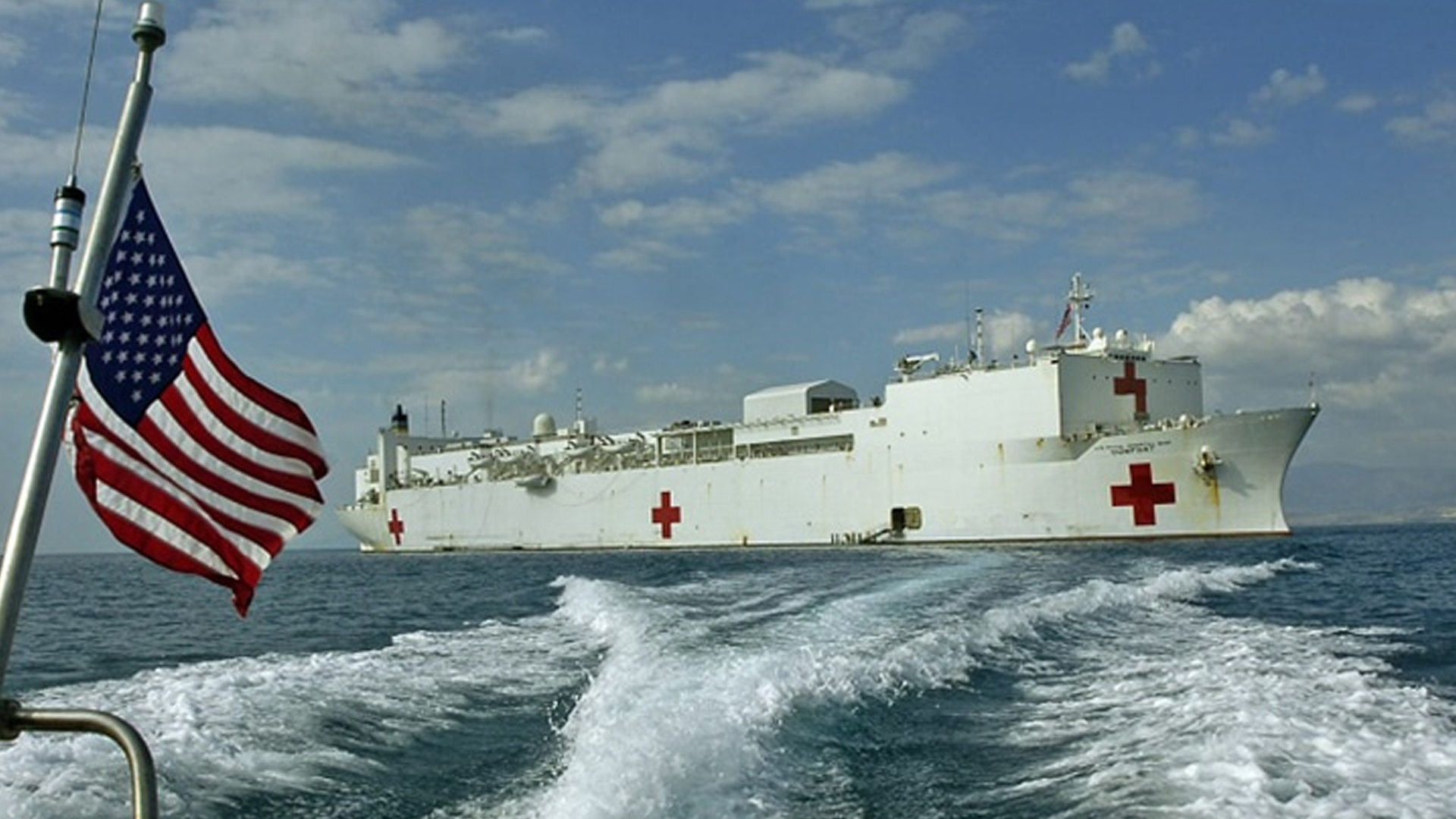Navy Stuns Doctors and Dentists, Demands 3 Additional Years of Service Amid Recruiting Challenges
Go Back to News and Updates-

In an unexpected turn of events, the U.S. Navy demanded an extra three years of service from physicians and dentists about to retire to solve the Navy's persistent recruiting problems. This sudden change has confused military doctors and generated intense discussion.
According to sources, the Navy made the call because of ongoing difficulties recruiting and keeping skilled medical professionals. The Navy's capacity to provide proper medical treatment to its sailors and Marines has been severely impeded by the shortfall, prompting this extraordinary step.
Some see it as an appropriate solution to an ongoing issue, while others worry it would exacerbate existing divisions and cause more doctors to leave the field.
Many dentists and physicians feel misled and disillusioned by the Navy's order since they had planned their retirements, assuming their military obligations would be met. Those who were about to start a new chapter in their life have had their well-laid plans thrown into chaos by the unexpected news.
An impacted dentist who requested anonymity voiced his dissatisfaction, saying, "I have spent years of my life serving in the Navy and was enthusiastically looking forward to beginning a new chapter." This unexpected prolongation has set back my personal and professional goals.
In a statement, the Navy said the decision was justified because of the urgent necessity to guarantee the availability of medical specialists throughout the service. Navy officials hope to fill the gap until a fresh stream of recruits can be acquired by prolonging the service requirement for retiring physicians and dentists.
Some have voiced concern that the short delay may prevent qualified medical students from applying to the Navy. Some perceive this as a betrayal of trust that might hurt the Navy's image and prevent qualified medical personnel from joining.
The Navy's decision has yet to reveal its full scope of effects. Medical personnel on the verge of leaving the Navy healthcare system may now be experiencing irritation and unhappiness, which might strain the trusting connections between doctors and their patients. The quality of treatment for active duty troops may suffer as a result.
The medical community's reaction to the extension's announcement has been varied. Some medical professionals, motivated by a feeling of duty and commitment to their fellow service members, have indicated they would be prepared to accept the additional service requirement. However, some people are worried that this extension may cause them to burn out and negatively affect their personal life since it will force them to delay their retirement.
The Navy has promised impacted medical personnel fair remuneration for the added duty. Many wonder whether monetary incentives alone can compensate for the dismay and disruption this unexpected need will create.
The Navy hopes that making this unpopular choice will ease its difficulty hiring medical staff. Further time will tell whether this strategy is helpful or will further add to the recruiting problems by discouraging people from choosing medical careers in the military.
As the discussion continues, one thing is certain, the Navy desperately needs to find a long-term answer to its recruitment problems. It will need thoughtful deliberation and honest communication to balance the necessity for a strong medical corps and the hopes and dreams of hardworking professionals. The Navy's capacity to offer vital healthcare assistance to the men and women who serve the country in defense will ultimately depend on how well it handles these problems.
For more information, visit the following link:

